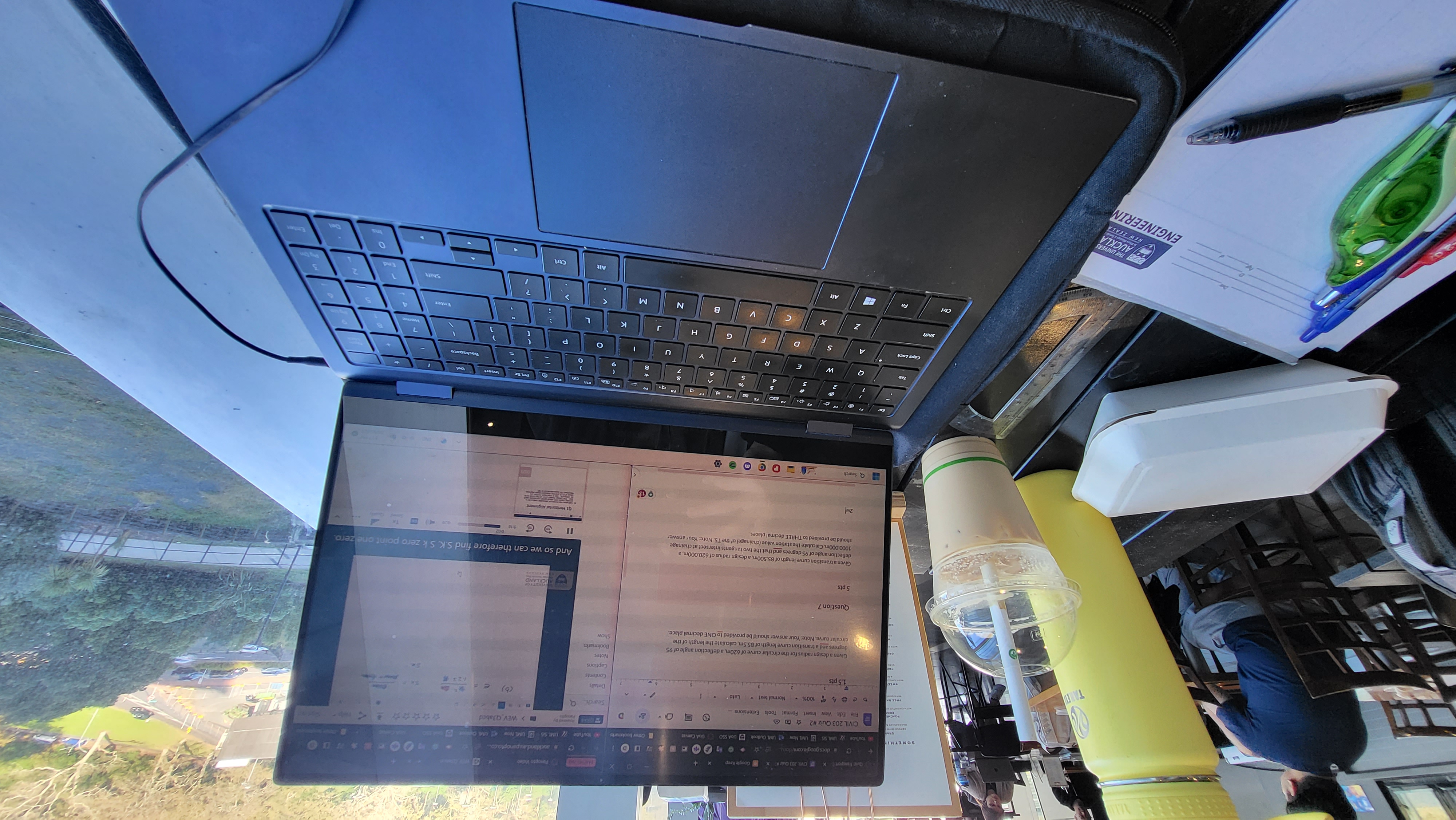
NZ vs US University Education
By:
Published:
Countries
Demographics
Majors
Regions
Kia ora! I’ve been writing about traveling and sharing some stories but I thought it would be cool to take a break from your regular (or rather irregular) scheduled programming and tune into a little NZ vs USA moment. Seeing how education systems differ was one of the things I was excited to learn about when studying abroad. This will be a long blog, so get your snacks and drinks, sit back, and rela- I mean read.
To preface this blog let’s introduce some academic terms that are used in NZ. In both countries, the same things are described using different terms:
– In the US we call post-secondary education “college” while in NZ, it’s “university”
– The term “major” isn’t widely used. You say the degree or program you are studying
– Courses or classes are referred to as “papers”
– The term “courses” refer to the actual degree/program you are pursuing
– Concentrations are referred to as “specializations”
– The term “faculty” refers to the department of study. For example, what we Americans call the “Business school” or “Business department” is referred to as the “Business faculty” in NZ
– Grades are more commonly referred to as “marks”
– There is a distinction between the terms “tests” and “exams.” Tests are the normal assessments you’d take during the semester, like midterms. However, “exam” typically refers to just the final exam
While taking a full load of engineering/STEM courses at the University of Auckland (UoA), I definitely noticed some differences between Aotearoa New Zealand and the US education system. This is somewhat of a generalization between the two systems as I only know from what I’ve experienced at my home university (UML), specifically, and UoA. I also only have knowledge of academics at UoA related to engineering, though it’s still quite limited.
1) The first and most obvious difference is the grading scale. In NZ, an 80 is an A-, 65 is a B-, and 50 is a C-. Marks below 50 are considered fail. In the US, a 90 is typically needed for an A-, 80 for a B-, and 70 for a C-. Typically, grades below 64 are considered fail. The assumption may be that it would be “easier” to achieve a higher letter grade in NZ but this is where context may matter.
2) Secondly, tests and exams tend to be heavily weighted and contribute to much of your grade. For most of my classes, just the final exam itself was 50% of our grade which can really make or break your grade. I don’t find this to be the case in the majority of my US classes; homework, quizzes, exams, etc. are relatively evenly weighted.
3) Generally, things seem to be more competitive in NZ. Even just entrance into a specific program of study requires you to have a certain GPA and each program has different requirements. NZ also utilizes the NCEA for its secondary education system, so you have to obtain a specific rank score to gain admission into programs when applying to university.
For example, the first year for engineering majors in New Zealand typically consists of general engineering courses. To even get admitted into the degree, you’d need a certain rank score from high school. Once in university, the papers you take correspond to different specializations, which gives students a little introduction to work in each specialization. For example, an engineering design class aims to introduce civil/structural fields and a materials science paper–chemical engineering. Students do not choose a concentration until their second year. They can apply to specific programs (i.e. civil, mechanical, chemical, software engineering, etc.) and admission is based on their first-year engineering GPA. Students would apply to their specializations of choice and list them in the order of what they prefer. Thus, sometimes there are students who don’t get into their first-choice programs and have to continue their degree in a field they may not like at all.
I found this interesting because from what I have seen in the US, we typically apply straight into a “specialization” when we apply for college/university entrance. Plus, you have the option to switch programs if you want to. There also do not seem to be any strict GPA requirements for different engineering fields. Another thing to note is that most degrees are three years long compared to four-year degrees in the US. However, engineering is four years in NZ with the first year being general engineering and specialization being the next three years.
4) Quality of work matters more in NZ. I maintained the same work and study habits that I had in the US, but it didn’t necessarily yield the same results. This was one of the things I found challenging to adjust to. Mainly because in the States, many professors care about your attempt and completion of the material and often give partial credit. Not to say that accuracy isn’t considered, but it isn’t the only thing marks are solely based on. In NZ, I found that professors grade harsher and sometimes won’t even give partial credit.
5) The workload was slightly less than in the US. I noticed that there aren’t as many assignments in NZ, however, they’re often time-consuming. They can be worth a large portion of your grade but sometimes you’ll find yourself putting hours into an assignment only worth 3%, for example. Most work is due every week while in the US, I recall my classes having work due every other day or 2-3 times a week. Given the workload and time spent, I’d say both systems balance out.
6) You won’t find a lot of majors “crossing” in classes. In the US, I’m majoring in Civil engineering, and in most of my first and second-year engineering courses, there are also mechanical engineers, perhaps a few environmental too. There are times you’ll meet a stray plastics engineer. In NZ, however, even “general” engineering courses such as Mechanics of Materials are created to be major-specific. UoA offers a mechanics course specifically for Civil majors too but focuses on things that the mechanical engineering version won’t and vice-versa. It’s kind of funny because sometimes in class I get asked, “So are you doing mechanical or mechatronics?” I respond with “I’m doing Civil” and swear everybody’s response is the same: “Why are you here then!?!?” See, different majors don’t really cross paths in papers in NZ.
When described the NZ education system may seem difficult, however, it depends on the students themselves. There are students who do very well–I just wasn’t one of them. Some things I liked about the NZ university structure were the tutorials, the expectation level of self-studying, hands-on labs, and the degree pathway structure for engineering:
– Tutorials are class periods where students have the opportunity to ask for help on given work. They differ from lecture times and office hours. Typically the professor themselves or tutors are available for help. We also get to collaborate with other students on work.
– The expectation level of self-studying is something I liked. It’s a bit difficult to explain, but in the US, I never really liked “self-studying” subjects and didn’t find it necessary. However, in NZ, I found that the information is presented in a way that you kind of need to self-study. It also helped that all lectures were recorded (from COVID times, though I believe UoA is planning to slowly phase them out).
– I took a Mechanics of Materials class at UoA and a component of the paper included two labs. During one of the labs, we directly performed a tensile test which was cool because we got to physically see what we were calculating in class. Back at UML, our version of the class is fully lecture-based. I appreciate the hands-on learning opportunities and found this consistent across most engineering papers at UoA. I also took a Civil paper and they had more resources and lab equipment than the same course at UML.
– Lastly, I think that requiring all first-year engineering students to take papers across different engineering disciplines is a good idea. It seems to help students figure out what they do/don’t like and better decide on a specialization.
Overall, it’s reasonable to see why NZ’s grading scale is “lower” and that’s mainly because achieving high marks can be a little more difficult than in the US given the stricter standards and expectations. This is mainly because their education system follows the UK model. This may be something important for those who are looking into studying abroad in NZ to consider if you’re planning to take all STEM and especially engineering courses. I definitely did not expect it to be difficult to adjust to, and admittedly struggled in some of my classes. But overall, I did learn a lot in my classes, some things that weren’t even included in the American version/curriculum of the class. For example, I took Physics II (Electricity, Magnetism, Optics, etc.), and one of the biggest components of that paper was learning to program in Python. The same exact class UML doesn’t include that so it was a cool opportunity to learn to program!
Hopefully, this gave anybody looking to study in New Zealand an idea of what to expect academically. Much of this information I learned from navigating my way through classes but also from my amazing Kiwi friends and classmates. If you made it to the end of this blog, thank you (I definitely did not breathe reading through this whole thing), and I hoped you learned a bit about the NZ vs US education system!
Pictured below: University of Auckland City Campus sign (as of June 2023, they’re still landscaping or something so the sign isn’t there) and a picture of me studying at Superfino Cafe located in OGGB. Great place to study if you like cafe background noise :)

